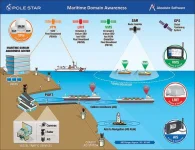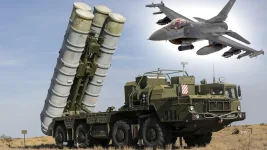India will uphold its decision to suspend the Indus Waters Treaty and maintain other punitive actions against Pakistan, despite a recently brokered ceasefire between the two countries, government officials have confirmed. These measures were initially imposed following the Pahalgam incident on April 22.
Sources have indicated that alongside the suspension of the significant water-sharing agreement, India's other retaliatory steps will also continue. These include the closure of the Attari integrated check-post in Punjab, a key border point for trade and transit, and the revocation of the SAARC visa exemption scheme for Pakistani nationals. The SAARC visa exemption scheme is designed to facilitate easier travel for specific categories of individuals within the South Asian Association for Regional Cooperation member states.
Pakistan had previously described India's move to suspend the Indus Waters Treaty as "an act of war."
Following an understanding reached on Saturday by India and Pakistan to halt firing and military engagements along their borders, government sources reiterated that the punitive measures announced by India on April 23 will not be lifted. "The ceasefire agreement reached on Saturday carries no preconditions, and consequently, the Indus Waters Treaty will remain suspended," stated sources within the Ministry of External Affairs.
The Indus Waters Treaty is an agreement orchestrated by the World Bank and signed by India and Pakistan in 1960 after nine years of complex negotiations. The treaty dictates the allocation of waters from the Indus river system. Under its provisions, Pakistan has control over the western rivers – the Indus, Jhelum, and Chenab – while India is granted rights over the eastern rivers, namely the Ravi, Beas, and Sutlej.
The framework allows for some limited water sharing, with India entitled to utilize approximately 20% of the total water from the six-river system, and Pakistan allocated the remaining 80%. The treaty has largely been respected by both nations for over six decades, serving as a crucial mechanism for water management and dispute resolution, despite various periods of bilateral tension.








